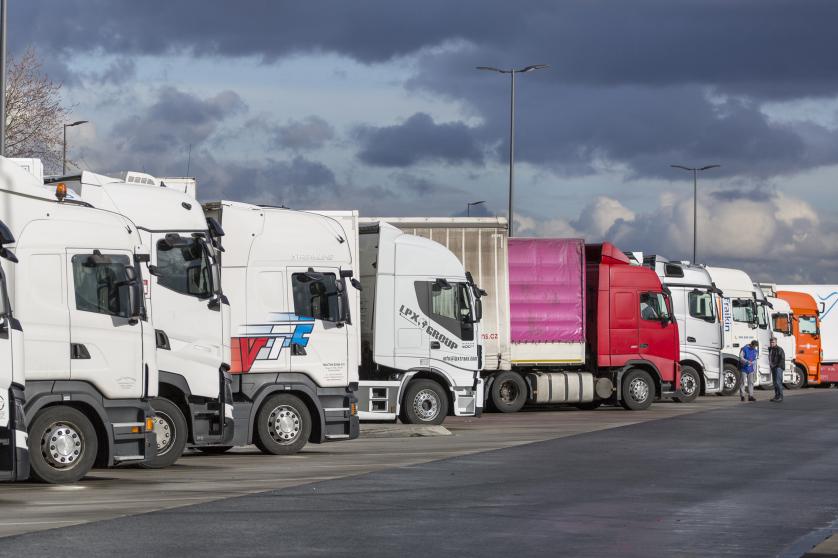Fair and free competition on Europe’s highways

Members of the European Parliament’s Transport Committee today voted for a comprehensive reform package on social and market aspects in road transport. MEPs voted, among other matters, to apply posting rules to national transport operations (cabotage), exempt international transport, introduce smart tachographs by 2024 and make weekend rest on secured parking spaces mandatory.
The vote finalises the Parliament’s position ahead of the negotiations with the Member States. Wim van de Camp MEP, the EPP Group’s Spokesman for Transport responsible for driving and rest times, said: “Today’s vote sends a clear signal to Member States. We want fair competition in a free and competitive market with modern standards for the protection of drivers. To do that, we have to improve the working conditions along Europe’s highways with well-equipped dedicated parking places for truck drivers, and the EU should urgently tackle the huge enforcement deficit by introducing smart tachographs to all vehicles by 2024.”
The EPP Group pushed for proportionate and enforceable rules for international transport that reduce administrative burdens for drivers. Andor Deli MEP, responsible for posting in road transport, added: “The application of posting rules to all international transport operations would create huge administrative burdens for companies and would be completely unenforceable. It would undermine the competitiveness of transport companies throughout Europe and heavily disrupt supply chains. If we want to have an open internal market with a free flow of goods and services, then it is more than reasonable that international transport operations are excluded from the Posting of Workers Directive.”
In parallel, new rules for access to the road market for transport operators were also voted in the Transport Committee. Focus was particularly on overcoming the patchwork of interpretations of the existing rules and abuse of unclear cabotage laws by fraudulent companies. Shadow Spokeswoman for the EPP Group Elżbieta Katarzyna Łukacijewska MEP, commented: “In the absence of clear and enforceable rules, abuse will take place, which is why we needed to clarify and simplify the existing texts. Cabotage was created to avoid trucks returning home empty and to optimise international transport operations, not to be a cover for letterbox companies or to become a basic business model. The negotiations were very difficult but I believe that what we have achieved will be a true compromise for central and peripheral EU Member States.”
The EPP Group is convinced Europe can improve working conditions in the transport sector without damaging the freedom of movement or the competitiveness of our businesses. “The future for the transport sector is full of challenges. There are huge shortages of drivers throughout Europe and if we put up too many barriers in the internal market, third country drivers from Ukraine, Belarus and Turkey will outcompete their European counterparts without any social standards at all”, van de Camp concluded.
Note to editors
The EPP Group is the largest political group in the European Parliament with 219 Members from 28 Member States
MEP Contacts


Press contacts

Dirk GOTINK
former staff member
Other related content

6 / 54





